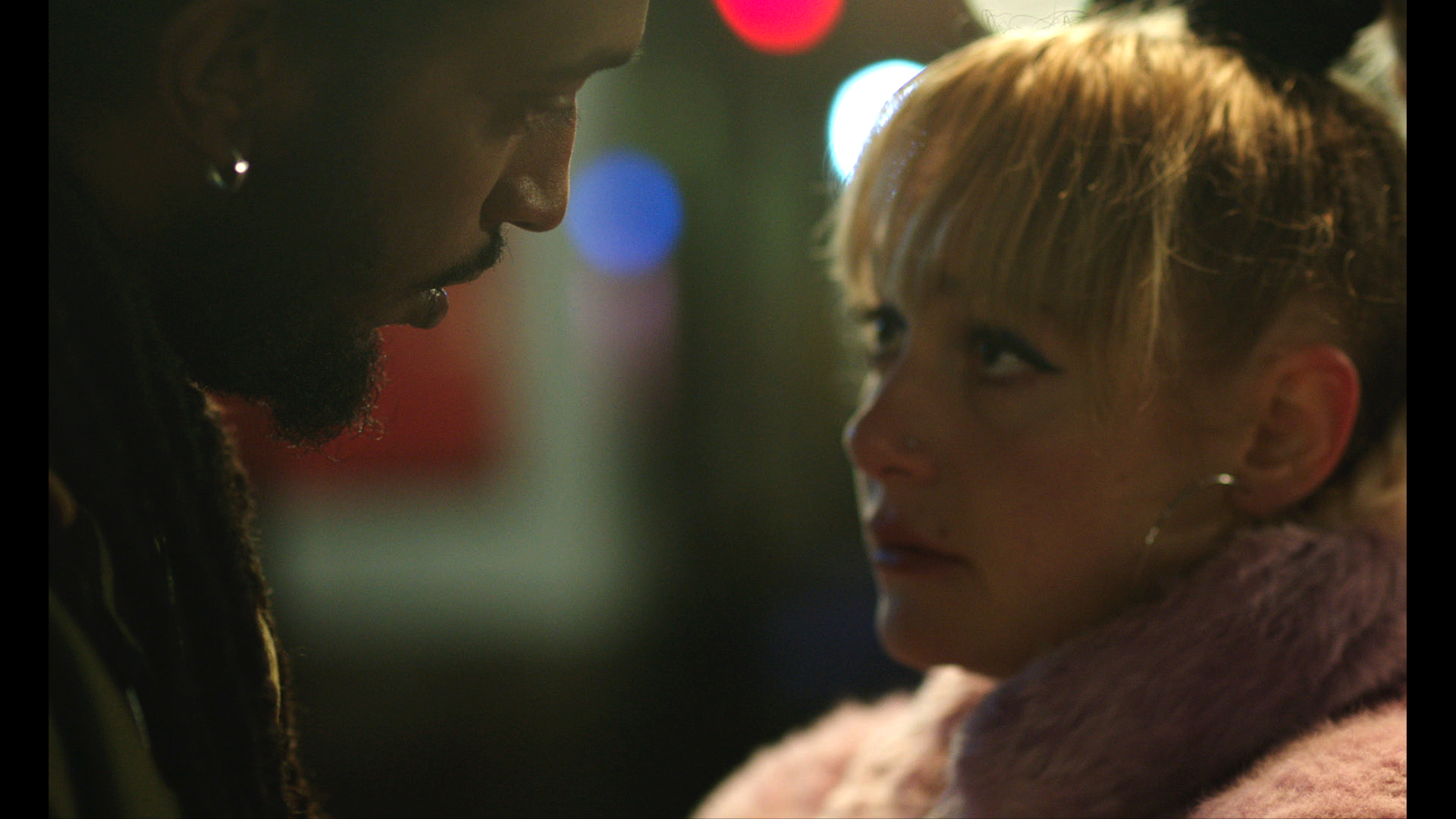It’s a film about a young couple, Mika and Tesfai. They move in together, but Tesfai soon starts to lose his appetite for sex. A strong and independent woman, Mika starts to blame herself, feel ashamed and to behave in the way she thinks her partner wants.
“I’ve always been interested in relationships, in how power can shift and change,” says Metelius. “And I want to show how sex is a power factor in intimate relationships, just as it is in the rest of society. Exploitation of sex is everywhere, but the images have very little to do with reality. The less you identify with other people, the more you can tolerate them being subjected to some pretty sick things. Having feelings for other people’s bodies is a weapon against fascism and oppression.” The Heart isn’t an autobiographical film, but certain parts are based on experience. Metelius first thought of the idea when she herself felt sexually rejected for a time and was unable to find any images that reflected the way she felt.
“I recognized a need for new images,” she says. “There are so many norms, so much shame around sexuality and there’s a gap between what we teach young people and what they go on to experience. I want to bridge that gap.”
Fanni Metelius sees a clear dynamic between sexual liberation and the forces of conservatism. More sexual freedom inevitably leads to a conservative backlash, as happened in the 1930’s and again in the 70’s.
“It feels as though we’re heading back there again. Parallel with feminism and LGBT movements we now have a rise in right-wing extremism across Europe which hates liberation.”
Have you been surprised by anything?
“The number of people who recognise themselves in the film. It makes me feel a bit sad that gender roles are so set. Many girls have the words to express themselves, but so many guys are tongue-tied. There are so many layers of shame, guilt and fear that you want to break down.”
Do you present a solution?
“Not directly, but I hope that the film can draw attention to the roles people play. Intimacy and sexual desire can’t be created by demands and performance. I want to show that you can find intimacy everywhere – from the feel of the sun on your skin to holding a baby in your arms, or from just sitting and watching a film with someone. So, yes, I want it to be a commercial for how to make yourself happy without consumption.”
Tidigare publicerad i Swedish Film # 1 2015
